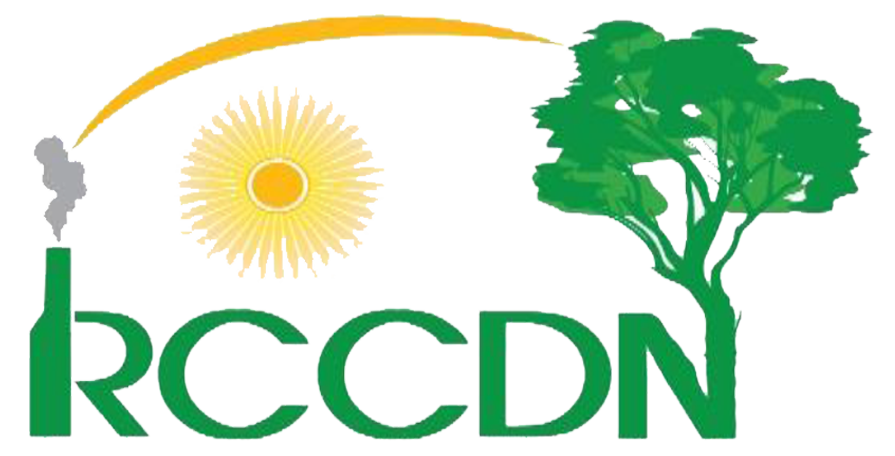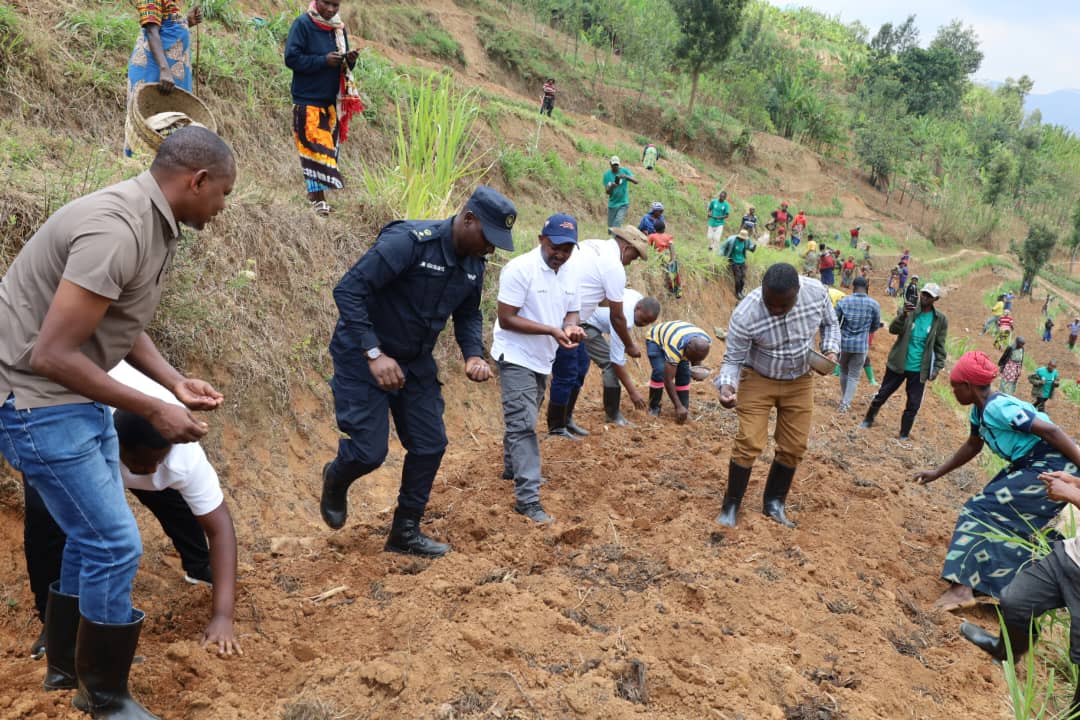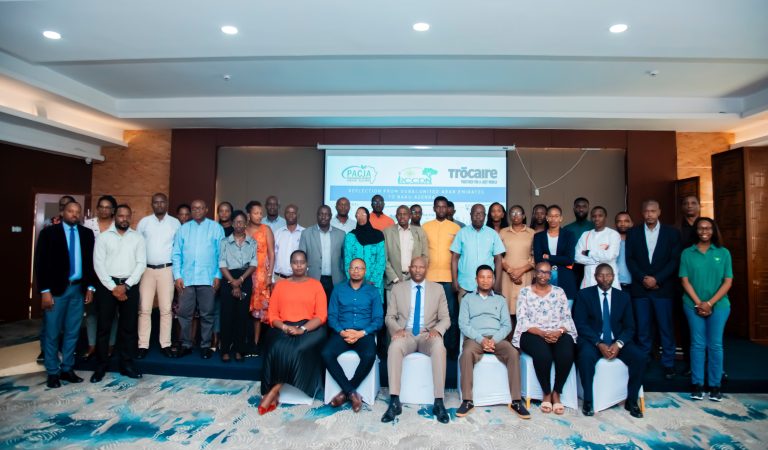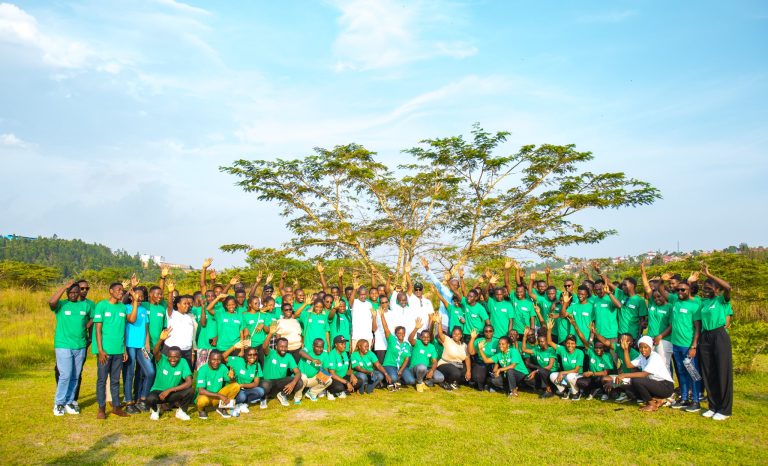A significant step towards bolstering agricultural resilience and productivity in Ngororero District was taken today as the Rwanda Climate Change and Development Network (RCCDN) donated improved bean seeds, lime, and liquid organic foliar fertilizers.
These essential inputs will be applied to 20 hectares of land across the Kageyo, Kavumu, and Muhanda sectors. The donation coincided with the official launch of Agricultural Season A, held at the Bugonde site in Kantobo village.
Key district and national officials, including Mr. Patrick Uwihoreye, Vice Mayor in charge of Economic Development, and representatives from the Ministry of Agriculture, Rwanda Agriculture Board (RAB), and security organs, attended the event.

Farmers expressed their gratitude for the improved seeds and fertilizers, which they believe will significantly enhance their yields. Speaking at the event, Mr. Uwihoreye gave the vote of thanks to the RCCDN-CJC Program for its efforts in strengthening farmers’ resilience to the adverse impacts of climate change while addressing poverty and malnutrition.
A Boost to Climate Resilience and Productivity
The donated agricultural inputs are part of the RCCDN-CJC Program, which aims to support Climate-Just Communities. By providing farmers with the necessary tools and resources, the program seeks to improve food security and livelihoods in vulnerable areas.
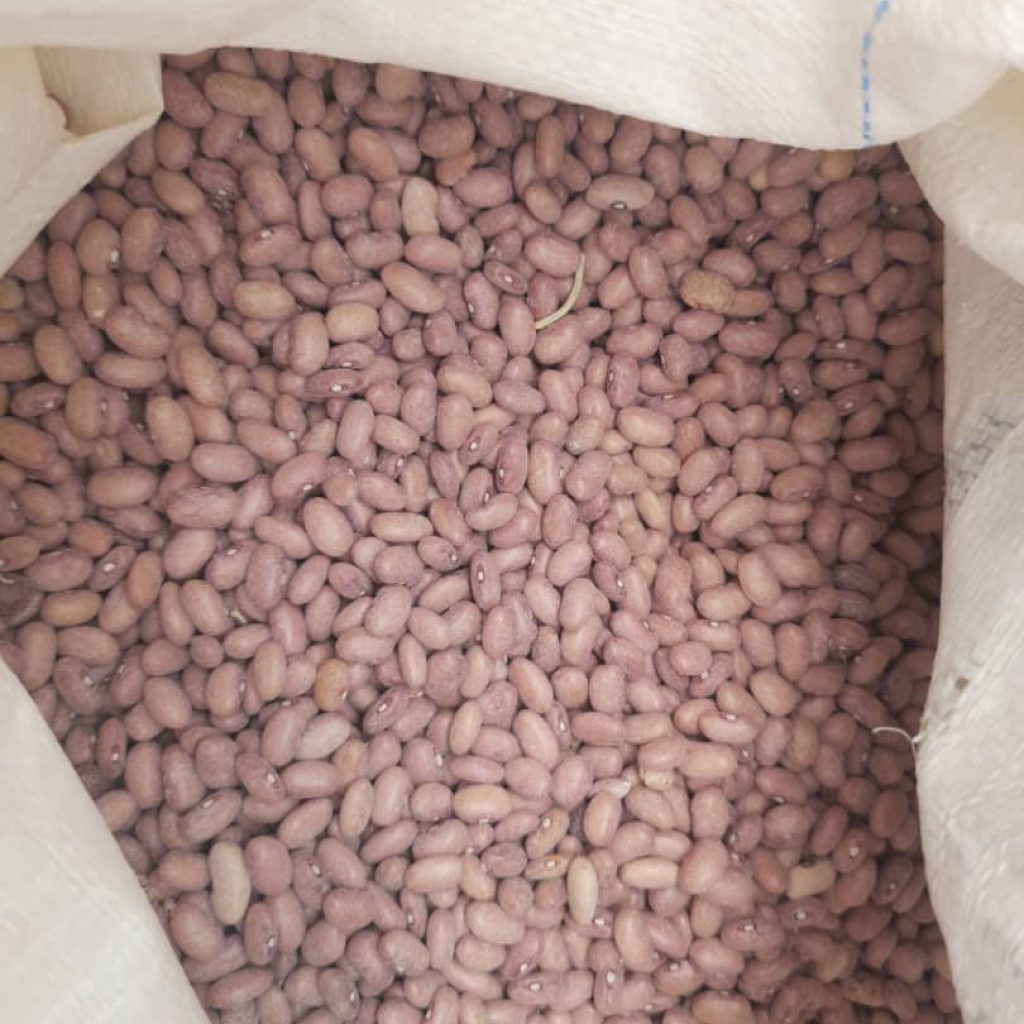
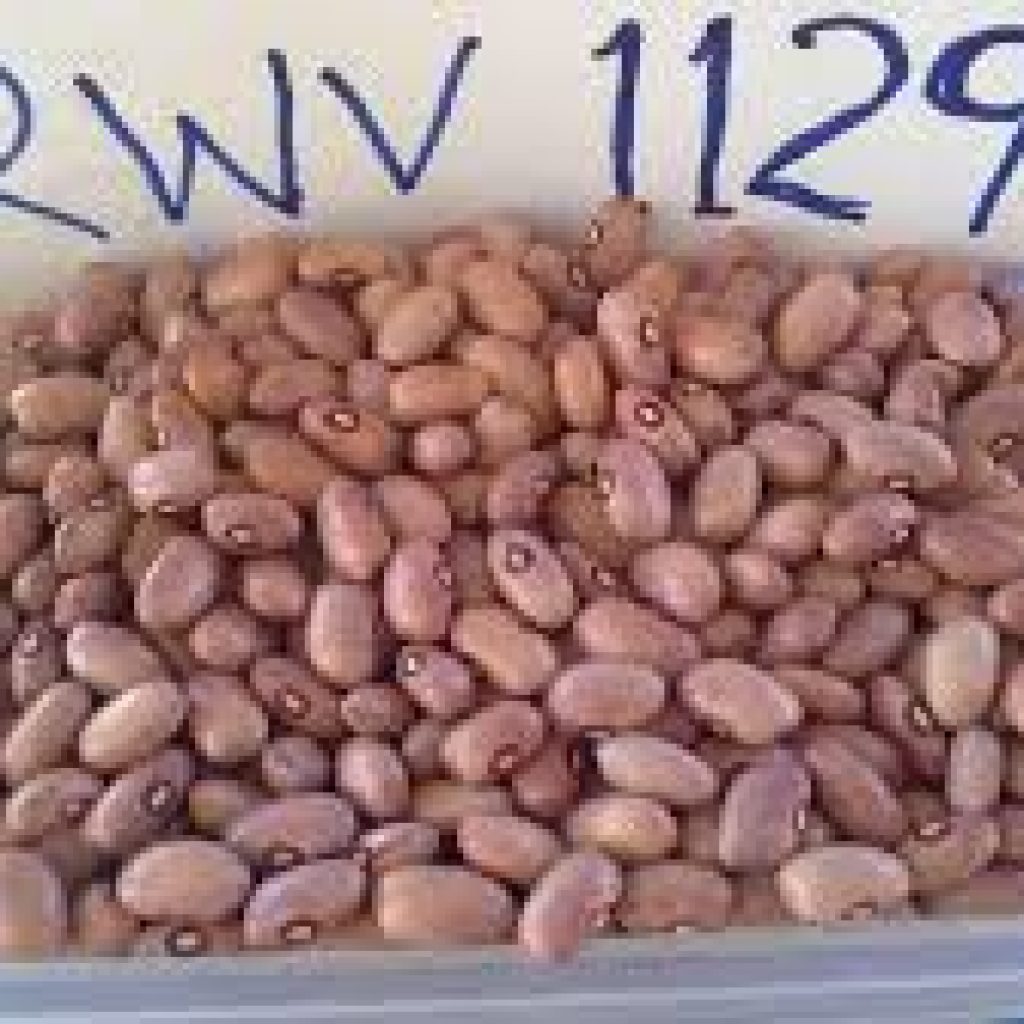
The RWV 1129 bean variety, known for its high yield potential, resistance to pests and diseases, and adaptability to local conditions, is expected to significantly increase farmers’ incomes. The lime and organic fertilizers will improve soil health, nutrient retention, and water-holding capacity, leading to more productive and sustainable farming practices.
Ngororero District, like many other regions in Rwanda, has faced challenges due to climate change, including erratic rainfall, droughts, and floods. The donated inputs will help farmers cope with these challenges and build resilience.

A Community-Driven Approach to Climate Action
The RCCDN-CJC Program is a testament to the government’s commitment to addressing the impacts of climate change and promoting sustainable development. By working closely with farmers and communities, the program is empowering people to take action and build a more resilient future.

As farmers in Ngororero District begin to implement the new agricultural inputs, the positive impacts on their livelihoods and the environment are expected to be substantial. The success of this initiative could serve as a model for other regions in Rwanda and beyond, demonstrating the power of community-driven climate action.
